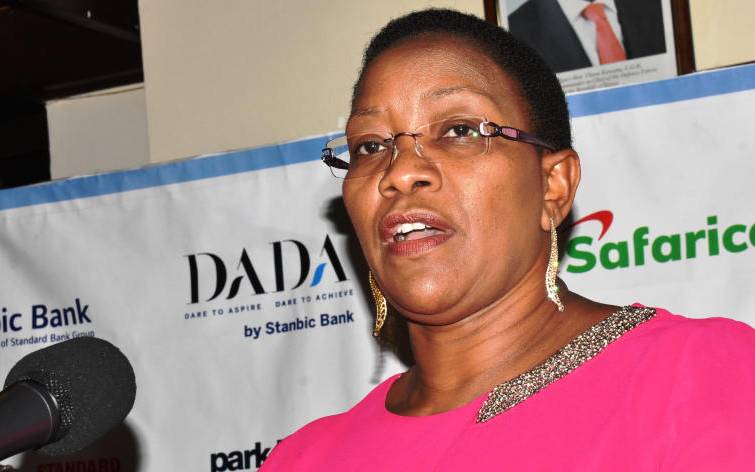×
The Standard e-Paper
Stay Informed, Even Offline

Health Cabinet Secretary Sicily Kariuki (pictured) was at pains to explain why they have been distributing mosquito nets that the Global Fund had warned against over quality concerns.